Pollinators
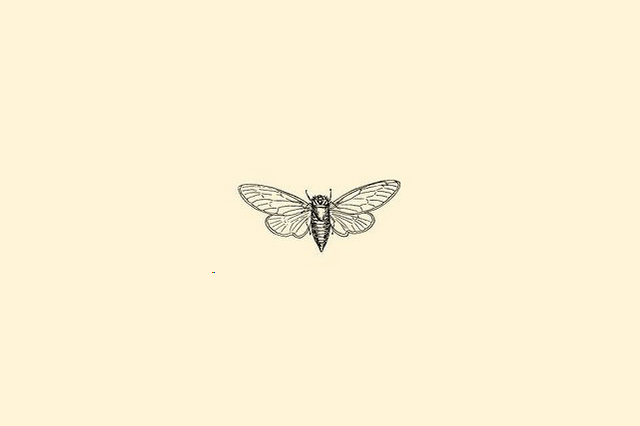
Animal beings, both vertebrates or invertebrates such as insects,which contribute to plants reproduction by visiting flowers to feed themselves with nectar or to collect pollen. Pollination process may also happen via non-living vectors such as water or wind.
Climate change
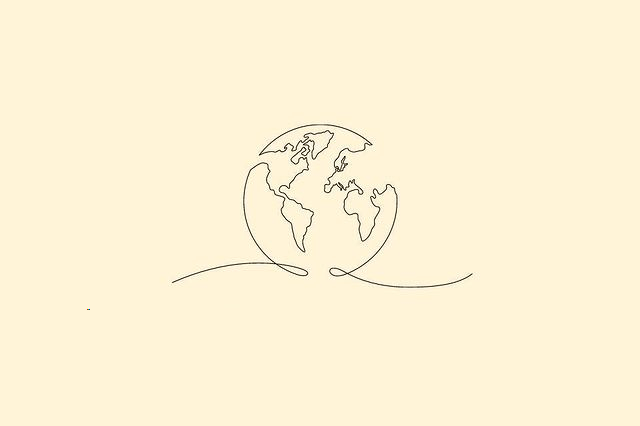
Long-term variation in temperatures and weather patterns. Although they may occur due to natural reasons, human activities have been the main original factor behind climate change on our planet for more than a century now.
Biodiversity
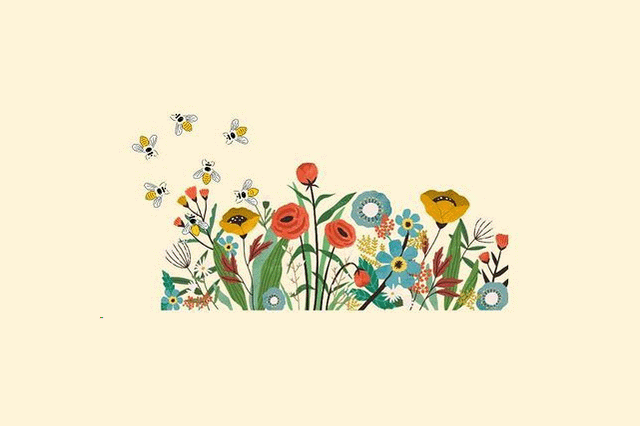
The variety of living organisms in different forms and in their water, land and marine ecosystems. Biodiversity therefore represents the richness of life on Earth.
Ecosystem
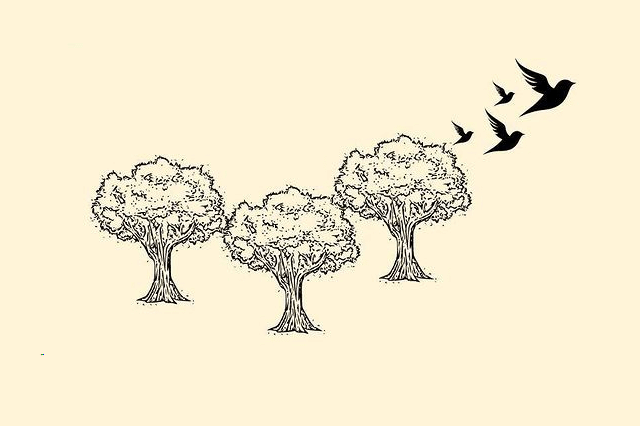
The whole combination of living organisms in a specific area or environment in which they live and interact with non-living elements.
Green infrastructures
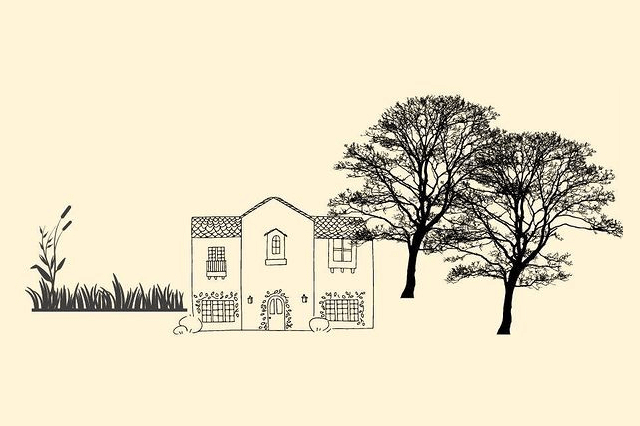
An organized, planned and managed, network of natural, semi-natural and green areas on a territory that can provide multiple environmental and social benefits. They are a fundamental component of health, well-being and quality of life..
Resilience

It is, overall, the ability of living matter or of a system to self-repair after a damage or to face and overcome a traumatic event, restoring its original state after a disruption.
Connectivity ecology
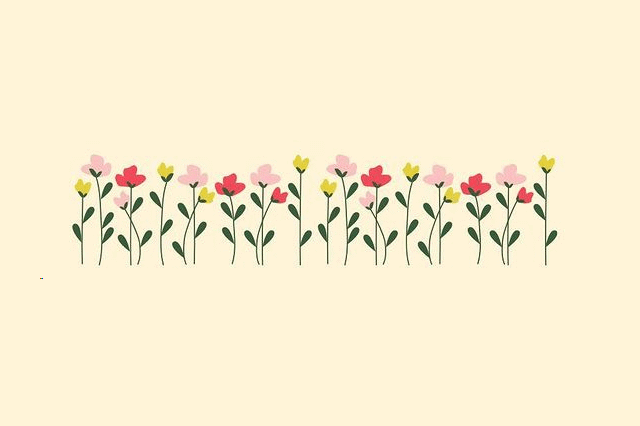
A functional and effective connection providing ecosystems with long-term operability stability and resilience.
Governance
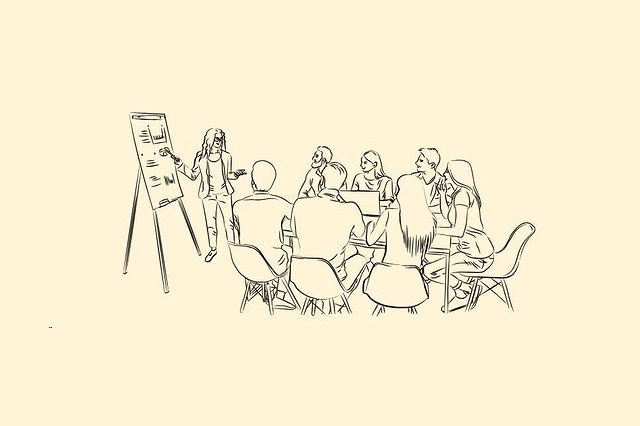
The whole set of processes, rules, roles and tools applied to manage areas, territories, entities, institutions.
Habitat
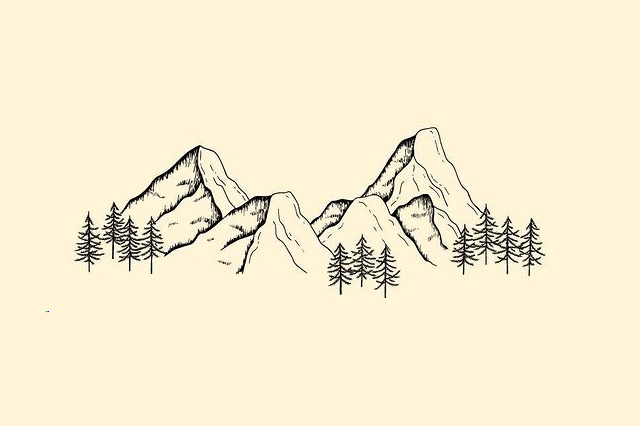
A place holding physical characteristics or environmental conditions that can allow a specific animal or vegetal species to live, grow, breed, or where a single stadium of the species biological cycle itself takes place.
Peri-urban space
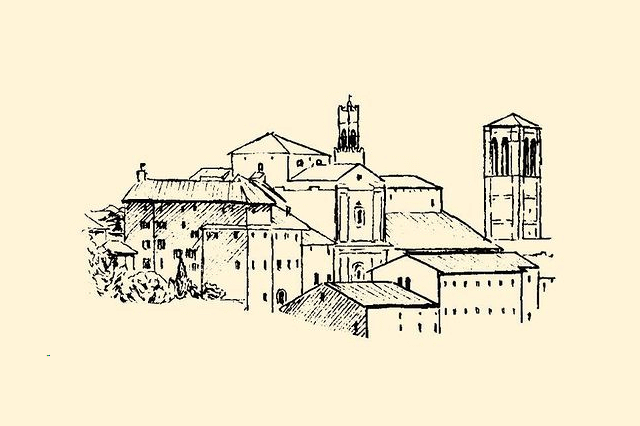
A next-to-the city space that we can walk into immediately outside the inhabitated centre borders.
Monocolture
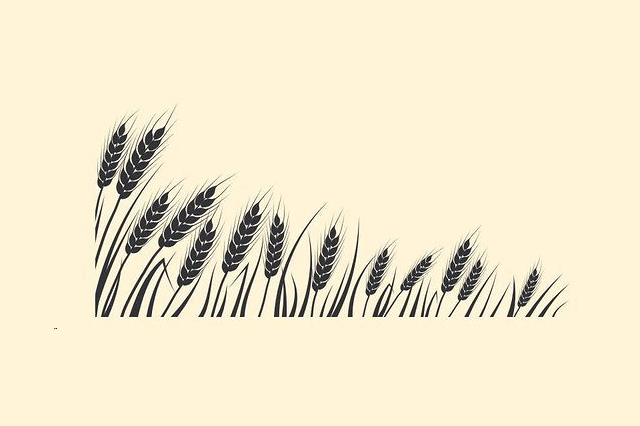
Agricultural soil exploitation through the cultivation of only one vegetal species or type of plant for more consecutive years in the same area.
Pesticide
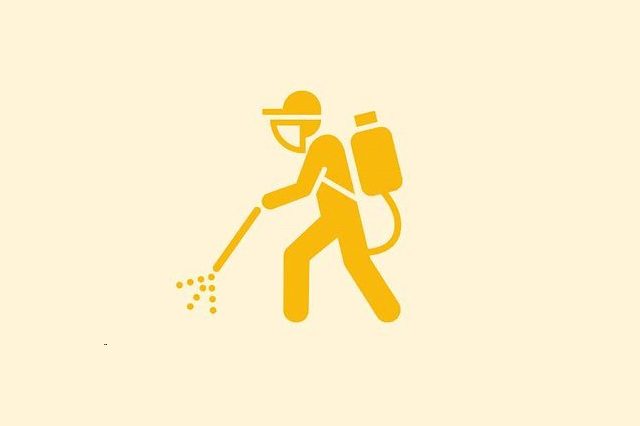
Olso called antiparasitics, they are chemical products used to destroy or to keep under control any harmful organism; they are also used to stop noxious organisms or to prevent damage.
Ecosystemic services
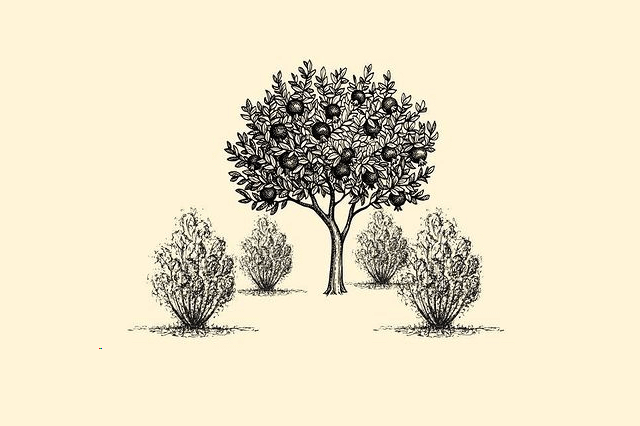
A whole set of goods, services and multiple benefits produced and provided by ecosystems to the humankind to solve, directly or undirectly, humans’ needs and to guarantee life for all species.
